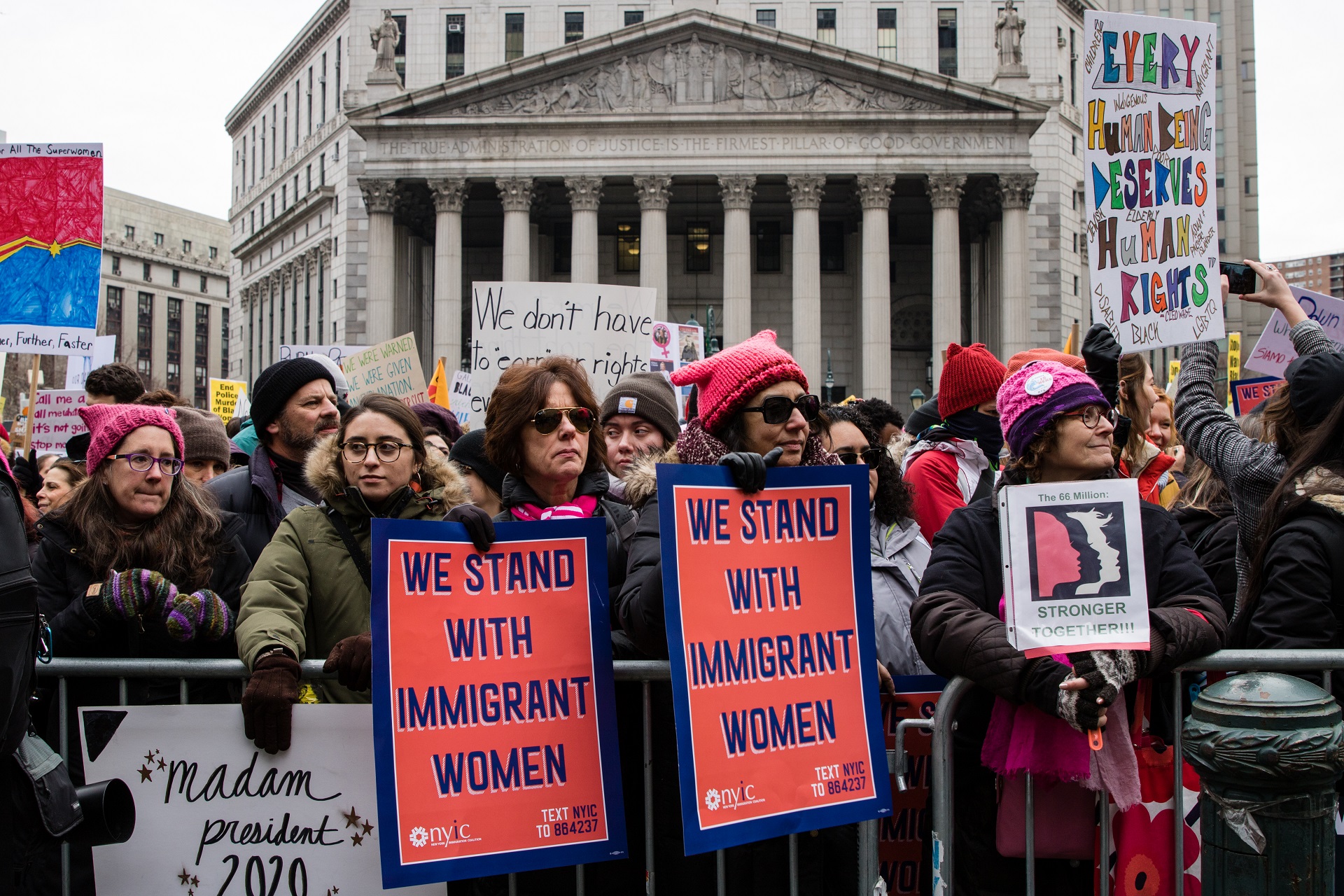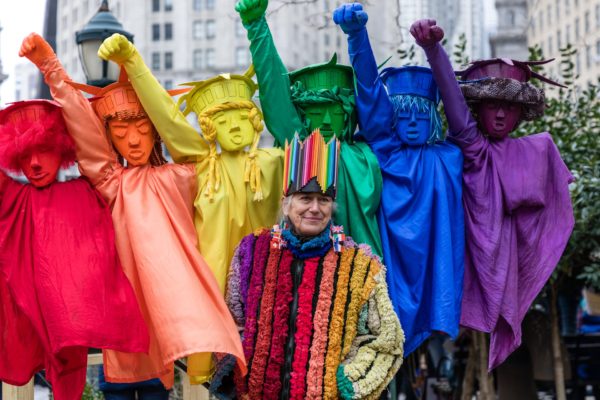Overcoming division, thousands of women take to the streets for third annual Women’s March

Despite the controversy and fragmentation that marked the Women’s March movement this year, thousands of women took to the streets on Saturday with a message that was supported across the board: stand up for gender and minority rights.
In a demonstration on the Upper West Side, thousands of marchers faced the cold morning, flooding about 10 city blocks with pink hats, witty signs and eye-catching costumes. Meanwhile, downtown, hundreds gathered for a rally in Foley Square led by the New York chapter of the Women’s March Inc., the organization responsible for the first Women’s March in Washington, D.C., in 2017.

The uptown march, led by the Women’s March Alliance, a grassroots organization that holds a city permit for the event, did not collaborate with Women’s March Inc. because of previous allegations of anti-Semitism against the latter group.

Brooklyn Boro
View MoreNew York City’s most populous borough, Brooklyn, is home to nearly 2.6 million residents. If Brooklyn were an independent city it would be the fourth largest city in the United States. While Brooklyn has become the epitome of ‘cool and hip’ in recent years, for those that were born here, raised families here and improved communities over the years, Brooklyn has never been ‘uncool’.